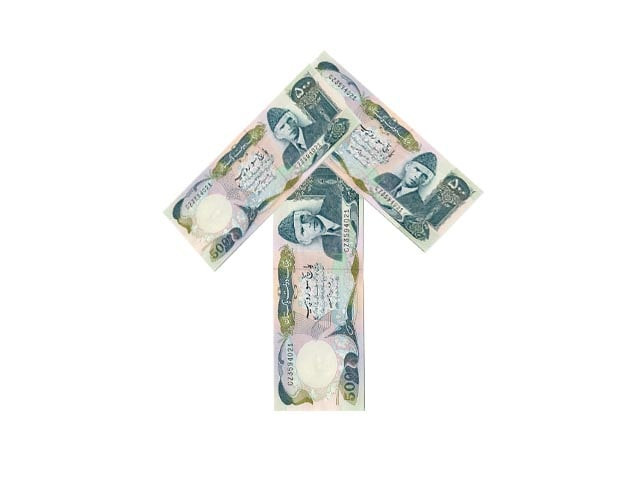Pakistan Inflation News: Rate Expected to Remain Low
The predicted low inflation rate and expected economic growth have raised hopes for a reduction in interest rates, which could boost business activity and investor confidence in the country. However, the recent heavy rains pose a risk to agricultural output and supply chains, potentially impacting the inflation outlook, and the government will need to carefully manage these risks to ensure sustained economic growth.

The federal government has predicted that inflation will remain within the 3.5-4.5% range in July, putting pressure on the State Bank of Pakistan (SBP) to cut interest rates, as the economy is expected to sustain its recovery in early fiscal year 2026, supported by improved macroeconomic fundamentals and rising investor confidence.
The Economic Advisor Wing of the finance ministry released a report stating that inflation is projected to remain within the current range, despite risks from recent heavy rains that may affect agricultural yields and supply chains. Independent economists, including the Economic Policy and Business Development (EPBD) think tank, have called for a substantial cut in interest rates, citing the high real interest rate of 7.8% as a major burden on businesses.
The finance ministry's report noted that the economy is expected to grow by 4.2% in the new fiscal year, alongside continued price stabilisation. However, independent economists dispute this figure, and EPBD has stated that reducing policy rates to 6% would restore competitive financing for Pakistani businesses, enable industrial expansion, and generate business activity required for tax revenue growth. The Large Scale Manufacturing (LSM) sector registered a 7.9 percent month-on-month growth and a 2.3 percent year-on-year increase in May 2025.
The current account recorded a surplus of $2.1 billion, the first annual surplus in 14 years and the largest in 22 years. The fiscal deficit has been contained at 3.1 percent of GDP, showing improved fiscal discipline and resource management. Real GDP is expected to grow by 4.2 percent in fiscal year 2026, alongside continued price stabilization, with finance ministry projecting consumer inflation for July to be between 3.5-4.5%, citing stable prices and improved supply conditions.